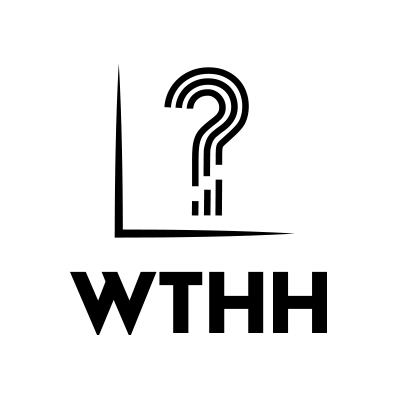Support for #MeToo Led Men To Oppose Trump and the GOP
Jesse Rhodes (@JesseRhodesPS)
The rise of the #MeToo Movement, which highlighted the prevalence of sexual abuse, harassment, and discrimination against women in American society, was a major story between the election of Donald Trump and the 2018 elections.
Quite properly, much of the discussion focused on how the movement both reflected and shaped the political activism of American women. Scholars, pollsters, and pundits noted that the movement stemmed from the determined efforts of women activists over the course of more than a decade, while also suggesting that it encouraged increased political engagement among women throughout the country. Of particular note, #MeToo was associated with a spectacular rise in campaigning for office at all levels of government by women candidates, and ultimately yielded historic gains by women in Congress and state legislatures.
But how, if at all, did the #MeToo Movement influence the political behavior of American men in 2018? To date, a lot of discussion about the #MeToo Movement and men has focused on men’s anxieties about the alleged threat posed by the movement to so-called “men’s rights”, as well as the possibility (if not inevitability) of male backlash. And while recent polls indicated that attitudes toward the #MeToo Movement and sexual assault were becoming polarized on partisan lines – a development strongly encouraged by President Donald Trump’s repeated mocking of the movement during campaign stops - it was unclear whether men’s attitudes toward Me Too would be politically consequential in the November elections.
But my preliminary analysis of the Data for Progress Election Survey suggests that attitudes toward #MeToo played an important role in determining men’s political choices in 2018. Among men, support for the Me Too Movement was strongly associated with opposition to Trump and to Republican control of the House of Representatives, even after taking into consideration influences such as partisanship, ideology, religiosity, racial attitudes, and more general sexist beliefs. These results provide preliminary indications that the #MeToo Movement had a powerful effect on men’s political preferences in 2018, and point to the broader impact of the movement on American politics.
To conduct my analysis I estimated a vote choice model for the House in 2018, as well as a model of support for Donald Trump’s reelection in 2020, among American men. In these models, I controlled for race, education, income, partisanship, ideology, and religiosity. In addition, these models controlled for two scales that were used in important research on vote choice in the 2016 elections – a scale capturing acknowledgement or denial of racism and a scale measure hostile sexist attitudes (for more information about these scales, read this, as well as Brian Schaffner’s recent blog post for DFP). The primary focus of my analysis was a variable measuring men’s feelings toward the Me Too Movement, which could range between “Very unfavorable” and “Very favorable”.
The first graph shows the marginal effect of support for the Me Too Movement on men’s intention to vote for a Republican candidate for the House of Representatives in 2018, holding all of the other variables at their mean values.
The graph suggests that men’s support for #MeToo is very closely related to voting for Republican House candidates in 2018. As men become more supportive of the #MeToo Movement, their chance of supporting Republican House candidates declines dramatically. Indeed, while men with the least favorable views of the #MeToo Movement are more likely than not to indicate voting for Republican House candidates in 2018, among men with the most favorable views the chance of voting for Republican House candidates is less than one in 6.
The second graph shows the marginal effect of support for the #MeToo Movement on men’s support for Donald Trump’s reelection in 2020, again holding the other variables at their mean values. The pattern here is almost identical to that shown in the previous graph. Men with very unfavorable views of the #MeToo Movement are quite likely to indicate intending to vote for Trump in 2020; while those with the most favorable views have a low probability of intending to vote for Trump.
The results of my analysis suggest that – in addition to stimulating a necessary conversation about sexual abuse and helping to bring about the “year of the women” in American electoral politics – the #MeToo Movement had an important impact on men’s political behavior in 2018. In the elections, men’s support for the movement had a substantial influence on their voting for Republican House candidates and support for Donald Trump – even after taking into consideration the many identities and beliefs that also affected their choices. Strikingly, men who sympathize with the movement and view it favorably appear to rely on these views in making important partisan choices, and do so by opposing Republicans. These findings suggest that the impact of the #MeToo Movement continues to radiate through the political system, and may have enduring consequences well beyond the recent election.
Jesse Rhodes (@JesseRhodesPS) is an Associate Professor of Political Science at the University of Massachusetts at Amherst.
As part of our What The Hell Happened Project, Data for Progress commissioned a survey of 3,215 voters from YouGov Blue that was fielded October 27th through November 7th, which was weighted to be nationally representative of 2018 voters. The sample was weighted using estimates of the electorate from Catalist, a voter file firm with a lengthy track record of success. We’ve shared this dataset with leading academics and practitioners and will be publishing the results of their analysis as well as our own.


